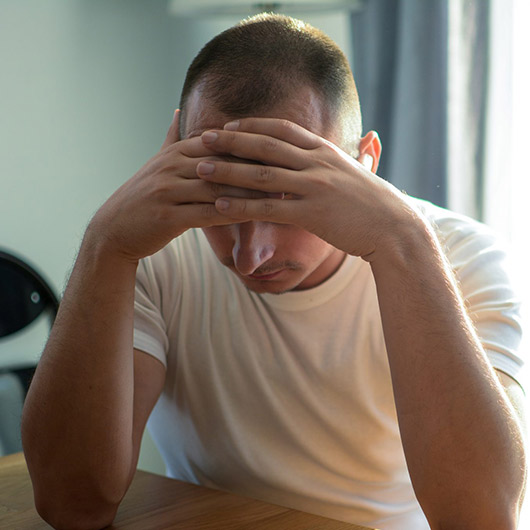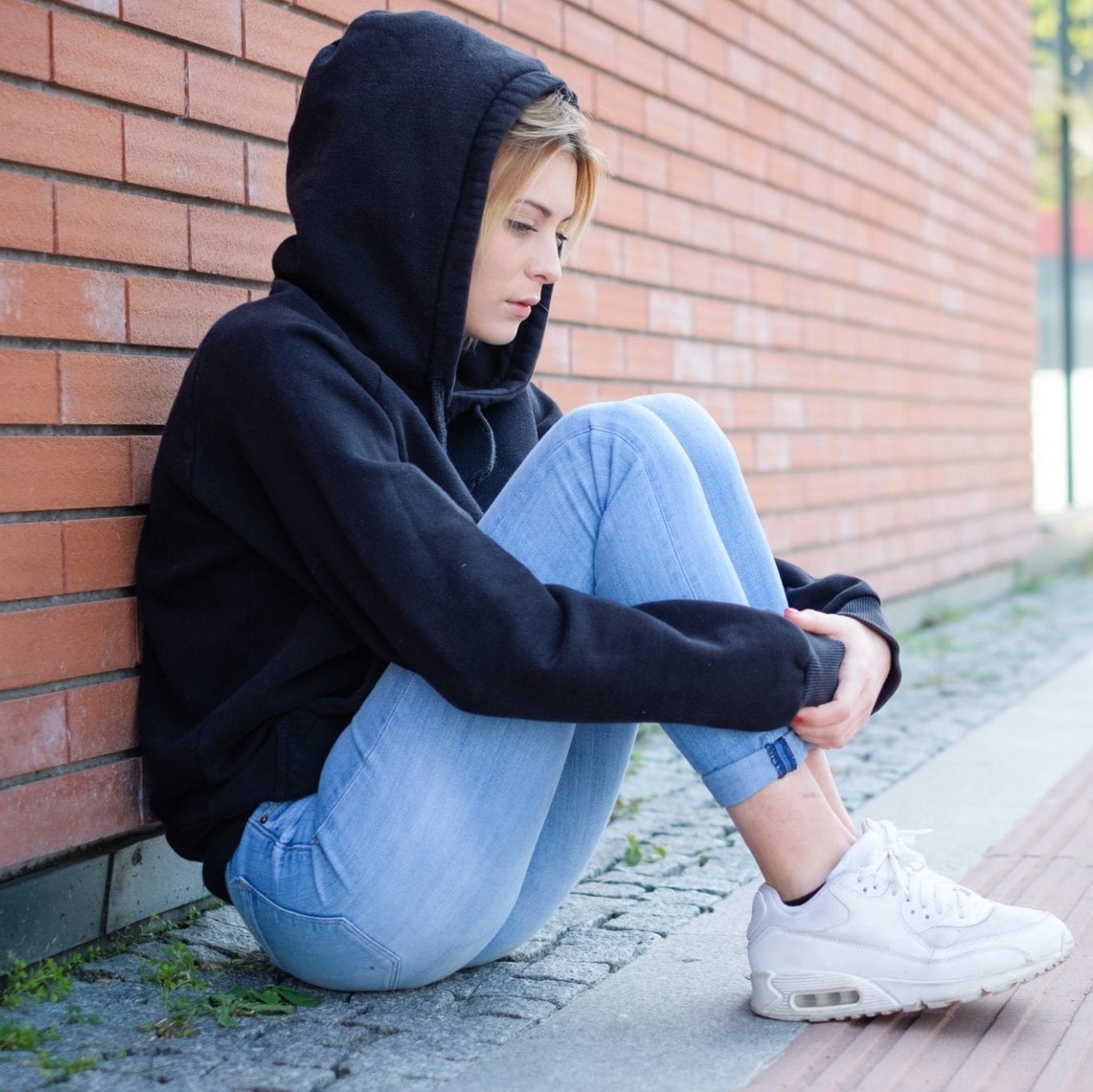Healthy Ways to Use Social Media

January 28, 2019
Have a love–hate relationship with social media? You’re not alone. On one hand, it’s nice to stay connected to friends and family members. But social media is also a breeding ground to trigger our deepest issues.
It can make you feel insecure when you compare yourself to what others portray of their lives online. One friend travels the world on a regular basis, but you can’t afford that lifestyle. Another lost a ton of weight and looks great, but you’re struggling to fit into your favorite pair of jeans. Sometimes it’s just the constant chatter or strong opinions that is enough to put you on edge.
It probably doesn’t come as a surprise that research has proven that social media can have ill effects on our mental health, but we’re here to help you find healthy ways to use it and protect your sanity. Yeraz Markarian, Ph.D., Director of Psychology. Department of Psychiatry & Behavioral Health Services at Hackensack University Medical Center shares a few tips for using social media in healthy ways.
Limit social media and screen-time
Recommendation: Spend 1 hour or less per day online.
Researchers at the University of Pennsylvania recently unveiled a study that showed a “clear causal link” between using social media and experiencing depression and loneliness. In 2017, a psychology professor at San Diego State University found that students who used electronic devices more often than those who did not were less satisfied with their lives. In fact, those who spent five or more hours a day online were 71 percent more likely to have a suicide risk factor including depression compared to those who only went online less than one hour a day.
By giving yourself a cut-off time, you can reduce exposure to potentially upsetting information. Plus, you’ll have time to participate in more positive activities that are proven to boost happiness, like “IRL” social connections, exercise, and activities that make us feel positive emotions.
If you’re a parent, keep in mind that you are a role-model for how your child will use social media. “Most health habits are relatively integrated for children by about age 12, although we can still work on habit change into very old age, it just gets a bit more difficult with age. So it’s very important if there are younger children in the home that parents maintain and teach good habits to show their children how to engage with and on social media. We can even work to shift social media habits with older children with success – and even ourselves,” Dr. Markarian said.
Curate your news feed and Use Filters
Recommendation: Find a favorite source, dedicate time to catching up.
“Following news outlets may keep you in the know, but some news sources promote negative headlines and keep them front and center which can impact our emotional and behavioral well-being,” Dr. Markarian said.
You may want to consider reducing the amount of news outlets you follow on social media, and instead check a news site or watch your favorite reporters on TV during a dedicated time.
Use filters
Recommendation: Customize your newsfeed so it works best for you.
Many social media platforms have filters, plus there are other programs that enable you to exclude content you don’t want to see. Consider using the Facebook feature that lets you stay friends with someone but “mute” their posts so you don’t see them. It can go a long way to keeping negativity out of your feed and let you continue browsing content you want to see.
Ignore the comments
Recommendation: Scroll through quickly, don’t spend a ton of time digging in.
Like browsing your social media feed but get ticked off listening to everyone’s personal thoughts? You may have to set a boundary with yourself to ignore comments on posts. That way, you will know what’s going on but don’t have to feel irritated when someone’s personal opinion irks you.
Detox
Recommendation: Every once in a while, cut it off completely and take note if it has positive effects on your health.
When social media gets to be a drag—and causes you to experience anxious, sad, irritated or other uncomfortable feelings—it may be time to detox.
“It can be hard for people to stop using social media altogether, but sometimes taking a digital detox in small doses may be just what you need,” Dr. Markarian said. “Cut down or stop using it all together and set a time limit for yourself so you know the ban isn’t permanent. At the end of your detox, take notice of how you are feeling to see if it was beneficial. Then determine if you should extend the detox, change the detox, return to social media or cut it out altogether.”
You may want to detox during meals, for example. That can be a nice way to get a break from electronics and connect with other family members if you eat together.
However you approach using social media, and whatever kind of impact it has on you, most people know that they have to set some sort of boundaries with themselves.
“Even if social media isn’t having a noticeable negative effect on your mental health, all of that screen time does steal time from connecting with others and completing other meaningful tasks. Knowing how to balance social media usage with real life is a very important health habit and life skill that we are all still learning how to manage,” Dr. Markarian added.
Next Steps & Resources:
- Meet our source: Yeraz Markarian, Ph.D.
- To make an appointment with a behavioral health clinician near you, call 800-822-8905 or visit our website.
- To learn more about the behavioral health services offered at Hackensack Meridian Health, visit HackensackMeridianHealth.org/HealthyMind.
The material provided through HealthU is intended to be used as general information only and should not replace the advice of your physician. Always consult your physician for individual care.
Routines are Important for Mental Health

Humans are creatures of habit, and while we tend to enjoy moments of spontaneity, we all need a plan.
A Nurse’s Fight to End Drug Addiction

Ken Rodenbaugh, RN, CARN, CEN, a nurse in the Southern Ocean Medical Center Emergency Department, speaks from experience

Drugs & Alcohol Are No Way to Cope
Heightened anxiety can manifest itself in a variety of harmful behaviors, not least among them the increased use of drugs and alcohol.

Does Addiction Run in the Family?
Several factors can lead to addiction, including stress and/or pain relief as well as genetic factors.

Are You Addicted to Food?
When most people think of addictive substances, drugs, alcohol and tobacco usually come to mind. But is food considered an addictive substance?

Helping Loved Ones Through Addiction
Some of the roughest times may be when a loved one is struggling with mental health and/or addiction issues - how do you help? Where do you start?